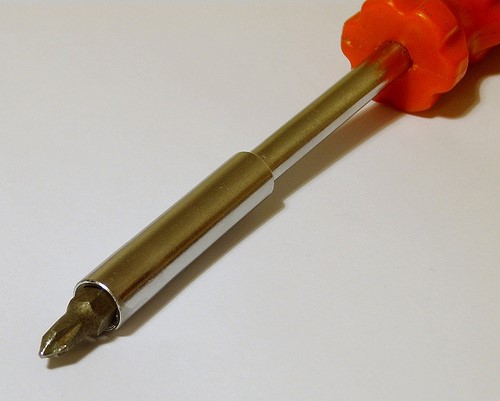
When many people talk in general terms about “capital” they aren’t talking in the same way as economists are thinking.
So here’s an example; you’re at a gathering of friends and one of your friends talks about how his or her house has proved to be a good “investment” as it’s risen a lot in value. To most people, this seems fair enough, but to an economist the house isn’t a true investment. Instead, it’s the purchase of an asset which happens to have risen in value – which is not the same thing.
Unless it gives you an income, your home is not capital
Using our example, however, the house purchase may have been a true “investment” if it had been bought specifically to generate a return by letting it out at a profit, or for some other work-related purpose as an office or for holiday lets etc.
To the economist, investment is actually the buying of capital which is needed to for business. So if you buy a screwdriver for general home use, this isn’t capital – but when an electrician buys a screwdriver for his or her business, this is a true investment.
by James Bowe
A humble screwdriver could be a capital investment
“So what?” you may be thinking. Well the point is that if we think in investment terms like an economist does, we’re likely to do a lot better financially.
Let’s look at another example. What if you enjoy a punt on your favourite sport of football now and again? And what if your insight into gambling on international football betting is able to set you apart from most other people? If you then set aside cash to fund your decisions, this could be construed to be an investment by an economist as the “purchase” is necessary to run your business enterprise. But at the same gathering of friends, if you said your wager on country A to beat country B had proved to be a good “investment”, there would probably be one or two wry smiles around the table. Yet this may have been a truer investment than another person’s house purchase – particularly if you were able to demonstrate a consistency of good judgement in beating the rest of the market.
After all, nobody disputes the wisdom of buying shares in companies which are too lowly-rated by the rest of the market – and no-one would argue that such a purchase wasn’t a true investment. You’re buying into the capital of a company which exists to make a return on that investment; that is, at the end of the day, the company’s primary purpose. Theoretically, companies don’t exist in order to do their business of banking, making widgets or whatever else – they exist to in order to turn a profit.
This can translate into everyday life in a good ways to help make you more secure financially. In short, try to make as many of your purchases in life true investments. But when you buy “things”; try to ensure they are good wealth purchases which are good stores of value. So, for example, a house yes, an expensive new car – no.

